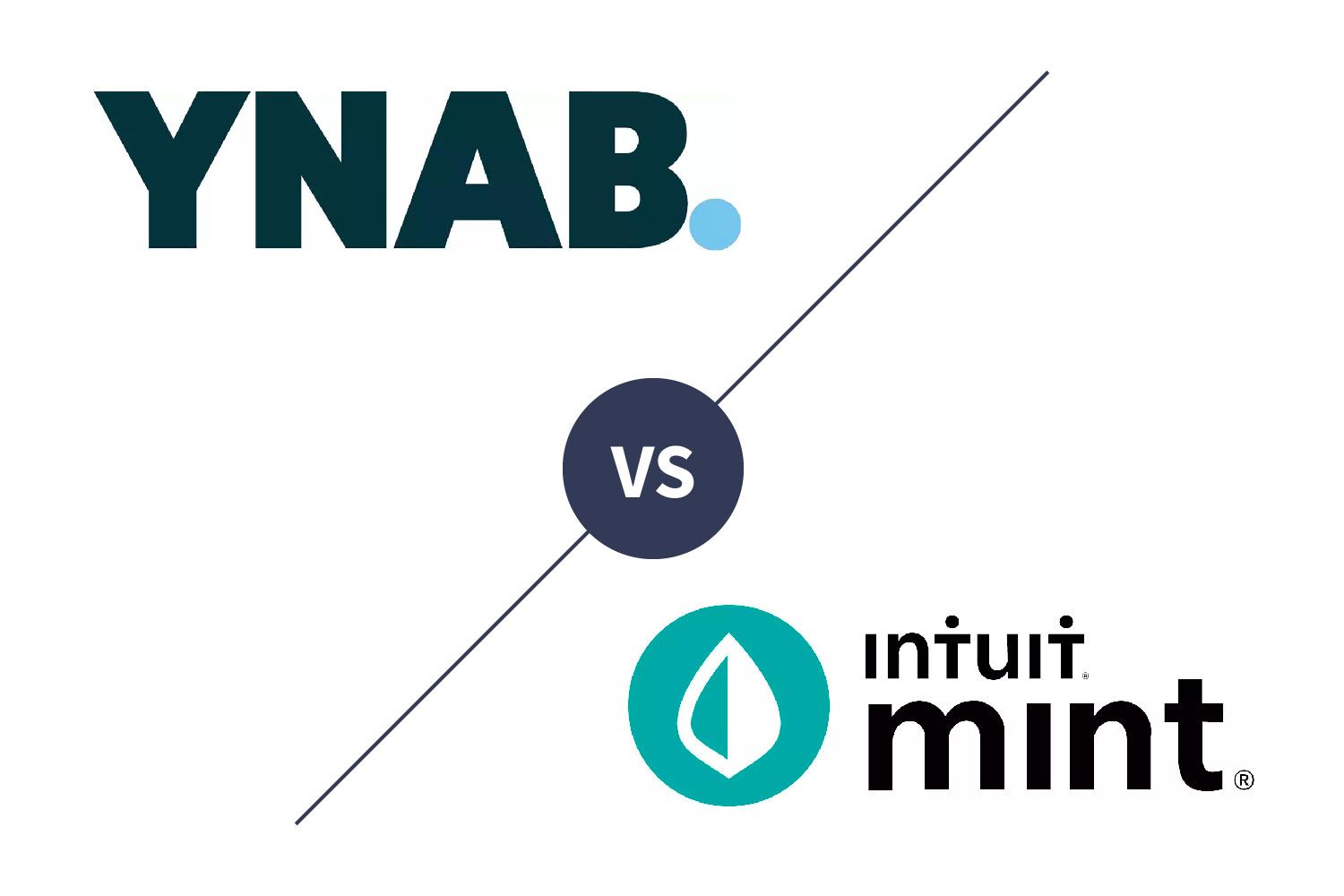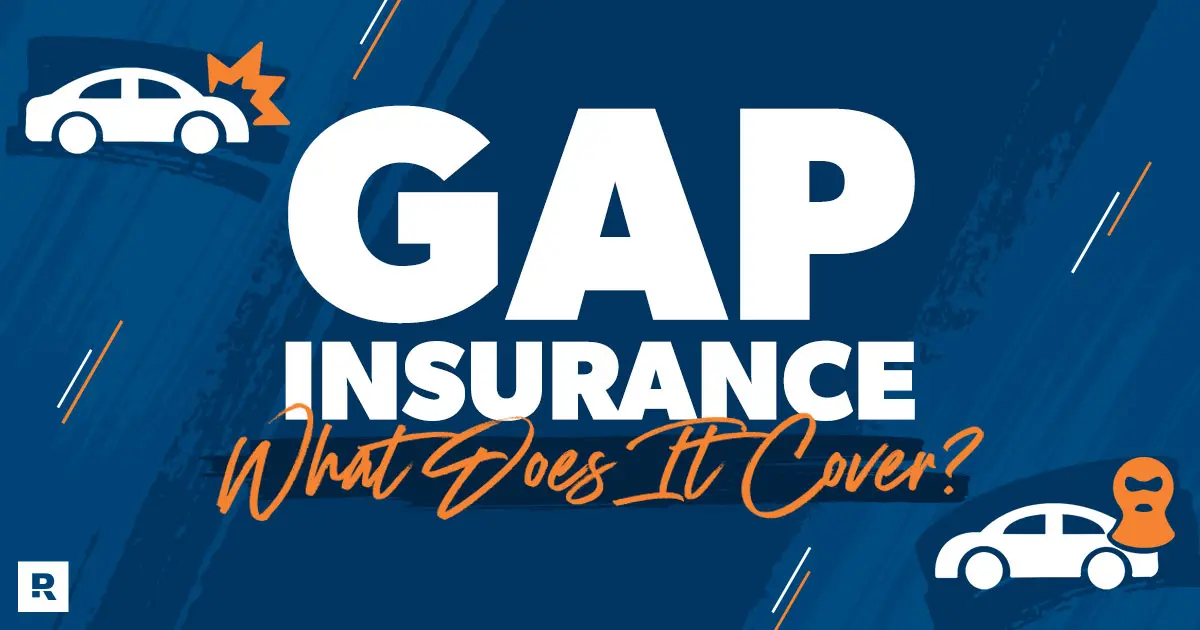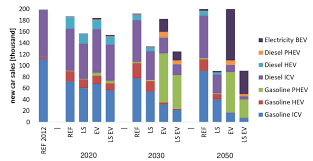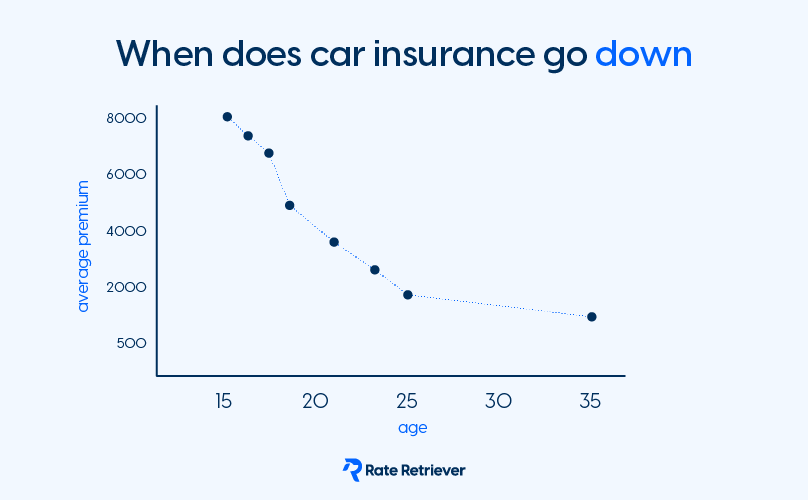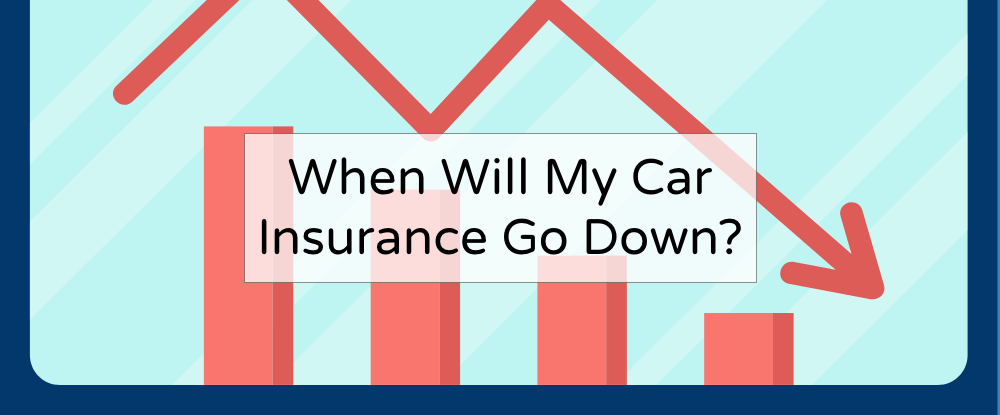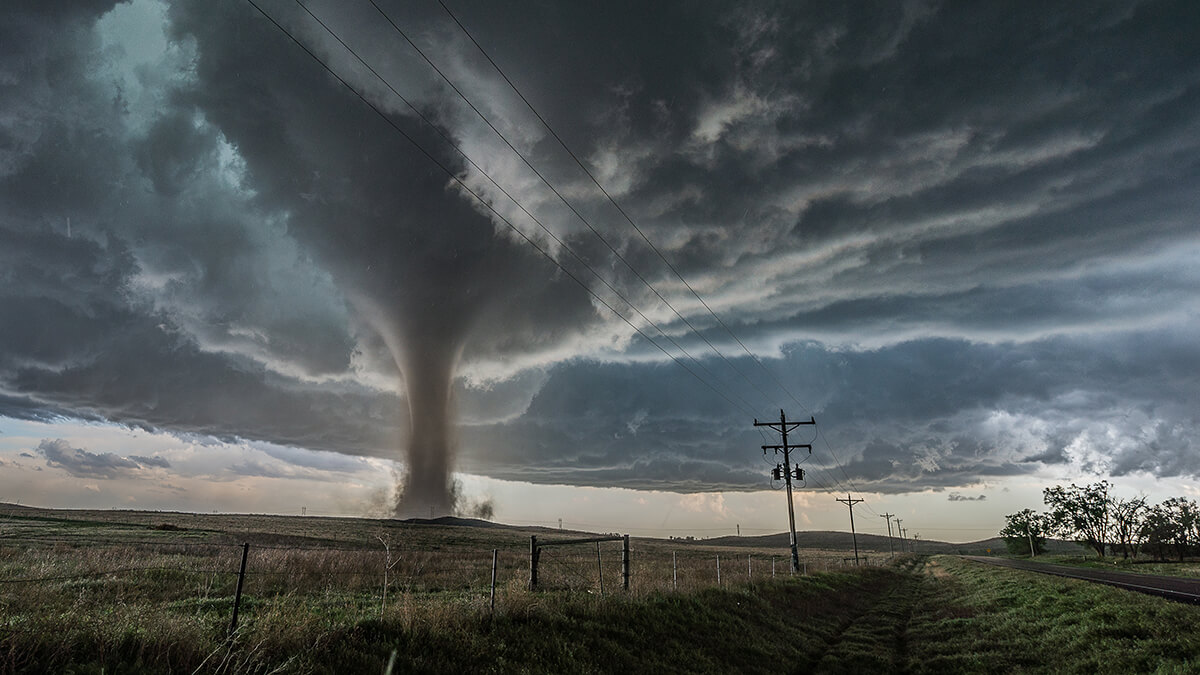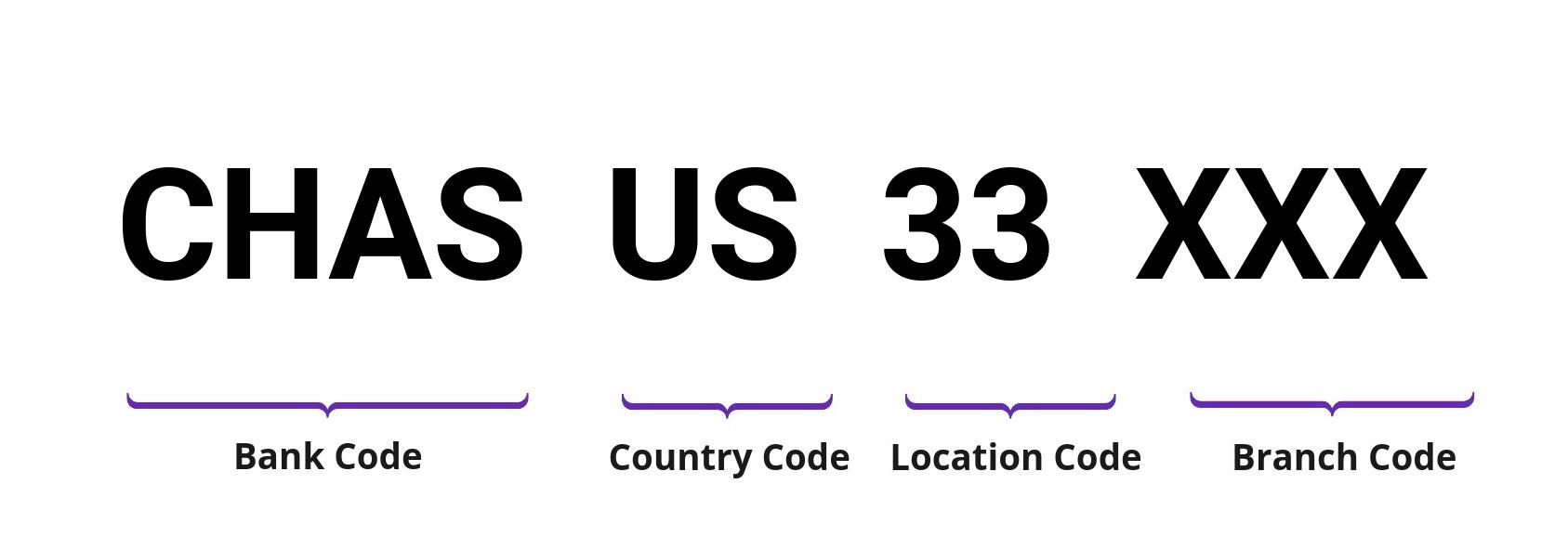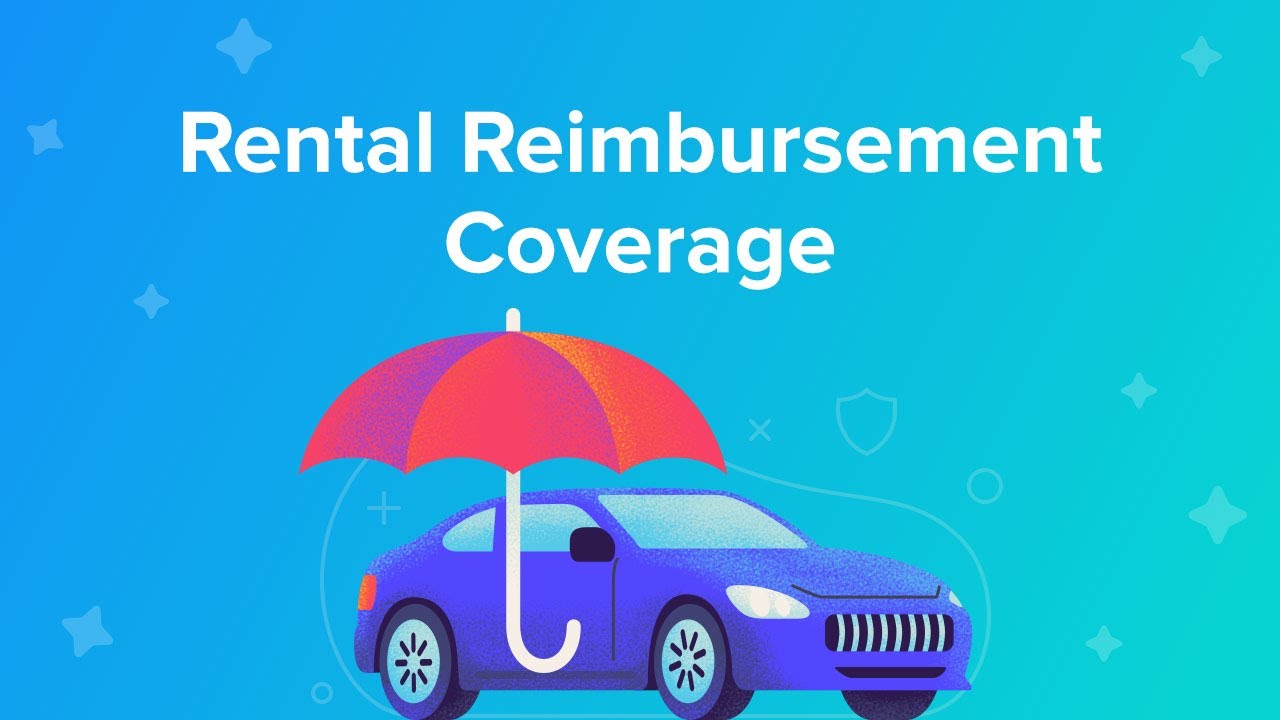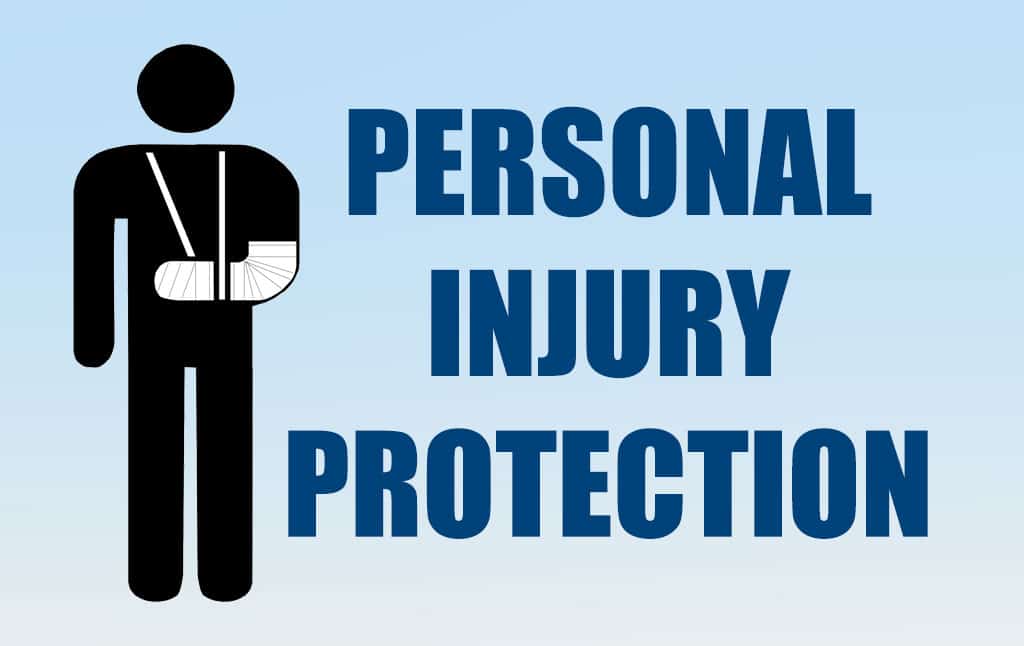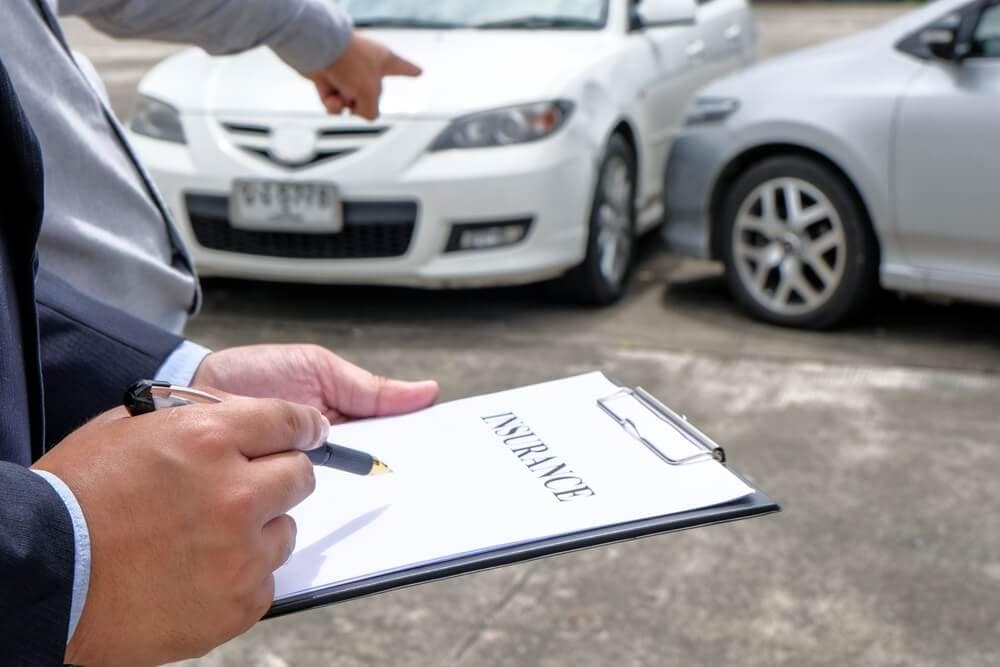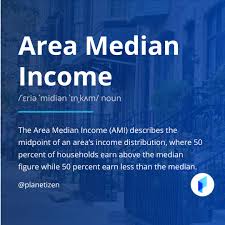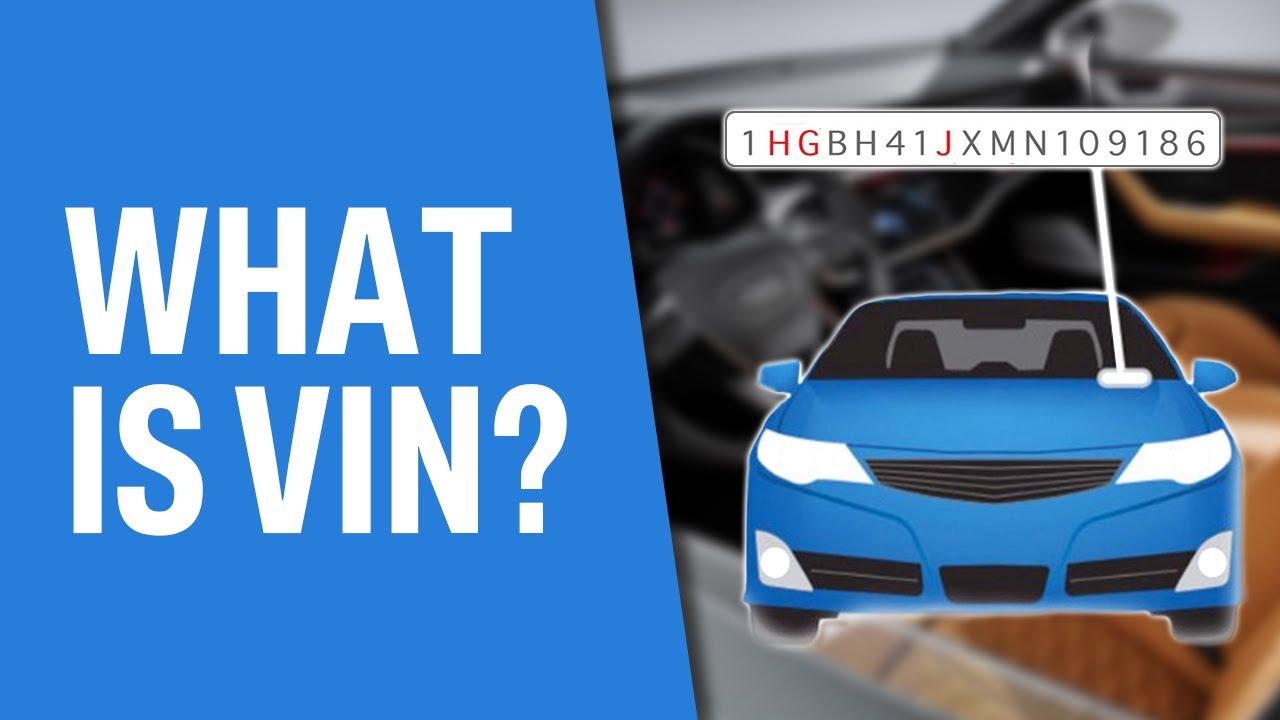If you’ve recently been in a car accident, you might be wondering: How much will my insurance go up after an accident? The answer isn’t one-size-fits-all. Your rate increase depends on factors like who was at fault, the severity of the accident, your state’s laws, and your insurance company’s policies.
The good news? Some insurers offer accident forgiveness programs, which can keep your premiums from skyrocketing after certain types of accidents.
How Long Does an Accident Affect Your Insurance?
Insurance companies usually review several years of your driving history when setting your premium. An accident can stay on your driving record (and affect your rates) anywhere from three to five years, depending on your state and insurer.
👉 For a detailed look at how long accidents stay on your record, check out NerdWallet’s guide.
At-Fault vs. No-Fault Accidents: What’s the Difference?
At-Fault Accidents
If you caused the accident, your rates will almost always increase. Some states, however, prevent insurers from raising premiums for small accidents under a certain dollar amount. Over time, your rates will drop again — usually after the accident falls off your record.
No-Fault Accidents
Here’s where it gets tricky: Even if an accident wasn’t your fault, your premium could still go up. Insurers often see any accident — fault or not — as a sign that you’re more likely to file another claim in the future.
👉 Learn more about how no-fault states work from the Insurance Information Institute.
Do Comprehensive Claims Raise Rates?
Yes, sometimes they do. Comprehensive coverage protects you against non-collision incidents like:
- Car theft
- Vandalism
- Fire
- Hitting an animal (like a deer)
- Storm damage
Even though you weren’t at fault, insurers may raise your premium because multiple comprehensive claims suggest you’re at a higher risk of future claims.
What to Do After an Accident
If you’re ever in an accident, here are the first steps to take:
- Check for injuries and ensure safety.
- Call the police to report the accident.
- Exchange insurance and contact info with the other driver.
- Document the scene with photos.
- Start your claims process with your insurer.
👉 Here’s a helpful checklist from the National Highway Traffic Safety Administration (NHTSA) on what to do right after a crash.
Accident Forgiveness: Can It Help?
Some insurers, like Progressive, offer accident forgiveness programs that can save you money after a mishap. Here’s how it works:
- Small Accident Forgiveness: Your rate won’t increase for your first claim under $500.
- Large Accident Forgiveness: If you’ve been with Progressive for at least five years and stay accident-free, one major accident may also be forgiven.
- Optional Accident Forgiveness Add-On: You can purchase accident forgiveness for even more protection, allowing more than one forgiven accident during the same policy period.
👉 Want to compare accident forgiveness options? Check out ValuePenguin’s breakdown.
How to Lower Your Insurance After an Accident
Even if your rates increase, you’re not stuck with higher premiums forever. Here are some tips to bring them down:
- Shop around: Compare rates with at least three insurers. The Zebra makes this easy.
- Raise your deductible: A higher deductible usually means lower premiums.
- Bundle policies: Combine auto and home or renters insurance.
- Take a defensive driving course: Many insurers offer discounts if you complete one.
- Ask about discounts: From good driver discounts to low-mileage savings, every little bit helps.
Final Thoughts
So, how much does insurance go up after an accident? It depends — but the increase can range anywhere from 20% to 50%, according to industry data. Your best move is to understand your policy, know your state’s rules, and compare quotes regularly to make sure you’re not overpaying.
Being proactive after an accident — and taking advantage of accident forgiveness if available — can make a big difference in your long-term costs.
